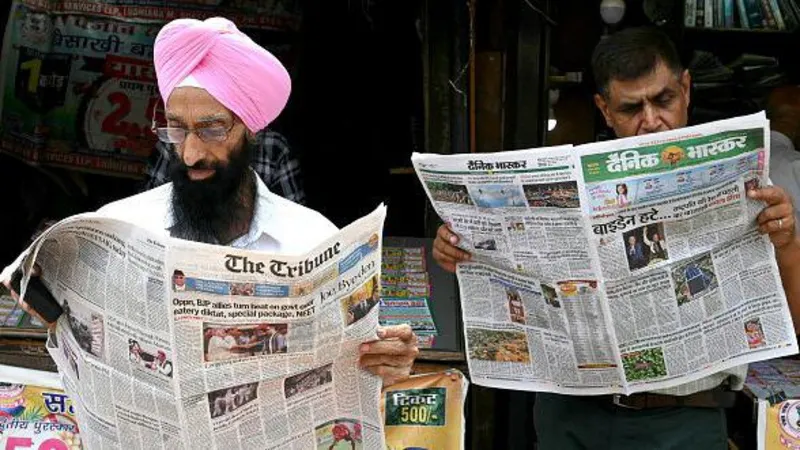Allegations of Copyright Infringement
In a significant legal move, leading Indian media conglomerates, including those owned by billionaires Mukesh Ambani and Gautam Adani, have initiated a lawsuit against OpenAI, the developer of the AI chatbot ChatGPT. The lawsuit, filed in a New Delhi court, accuses OpenAI of unauthorized use of copyrighted content from their news platforms to train its AI models.
Details of the Allegations
The media outlets, encompassing prominent names like NDTV and Network18, allege that OpenAI scraped articles, reports, and other proprietary content from their websites without obtaining permission or providing compensation. They contend that this material was utilized to enhance ChatGPT’s language processing capabilities, thereby infringing on their intellectual property rights.
OpenAI’s Defense and Jurisdictional Challenge
In response, OpenAI has sought to dismiss the case, asserting that its operations are governed by U.S. law and that Indian courts lack jurisdiction over the matter. The company maintains that it has not violated any laws and emphasizes its commitment to ethical AI development.
Implications for AI and Media Industries
This lawsuit underscores the escalating tension between AI developers and content creators regarding the use of proprietary material in training AI systems. The outcome could set a significant precedent for how AI models are developed and the extent to which they can utilize existing content without explicit authorization.
Global Context
The case in India mirrors a broader global discourse on the ethical and legal frameworks governing AI. As AI systems become increasingly sophisticated, questions about data sourcing, consent, and compensation for original content creators are gaining prominence.

